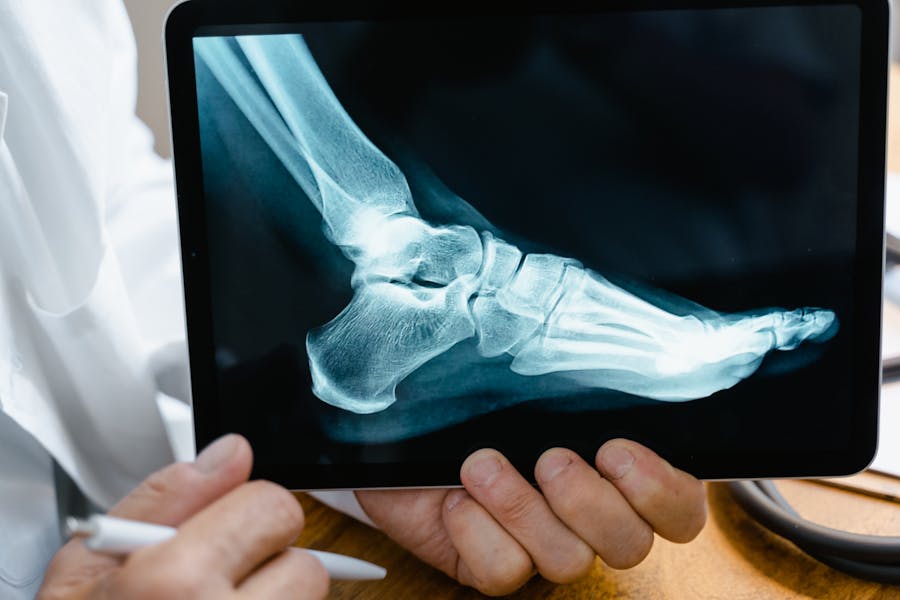Suffering a personal injury can be an overwhelming and stressful experience, especially in a state like Florida where the legal landscape can be complex. Whether it’s a car accident, slip and fall, or workplace injury, the steps you take immediately following the incident can significantly impact your ability to receive fair compensation. Unfortunately, many individuals make critical mistakes in the aftermath of their injuries, jeopardizing their claims and prolonging their recovery.
In this blog, we will explore some of the most common mistakes to avoid after suffering a personal injury in Florida, providing you with essential tips to protect your rights and ensure you receive the justice and compensation you deserve.
Common Mistakes to Avoid After Suffering a Personal Injury
After suffering a personal injury, it’s crucial to avoid certain common mistakes that can jeopardize your ability to receive fair compensation. Here are some key pitfalls to avoid:
1. Failing to Seek Immediate Medical Attention
One of the most critical mistakes is not seeking medical attention right away. Even if you think your injuries are minor, a medical professional can identify underlying issues that may not be immediately apparent. Delaying medical care can also weaken your personal injury claim, as insurers may argue that your injuries are not serious or were caused by something other than the accident.
2. Not Reporting the Incident
Failing to report the incident to the appropriate authorities can be detrimental to your claim. Whether it’s a car accident, workplace injury, or slip and fall, ensure you notify the relevant parties. For car accidents, call the police and file a report. For workplace injuries, inform your employer immediately. Proper documentation is crucial for supporting your claim.
3. Neglecting to Gather Evidence
Collecting evidence at the scene of the accident is vital. Take photos or videos of the location, your injuries, and any property damage. Gather contact information from witnesses who can corroborate your account of the incident. This evidence will be invaluable when building your case.
4. Admitting Fault or Apologizing
In the immediate aftermath of an accident, it’s natural to want to apologize or admit fault, but doing so can severely impact your claim. Even if you believe you may be partially responsible, it’s best to avoid making any statements that could be interpreted as an admission of guilt. Stick to the facts when discussing the incident.
5. Not Following Medical Advice
Once you have sought medical attention, it’s crucial to follow your doctor’s advice and attend all follow-up appointments. Failing to do so can give the impression that your injuries are not serious or that you are not taking your recovery seriously, which can negatively affect your claim.
6. Delaying Legal Action
In Florida, the statute of limitations for personal injury claims is generally four years from the date of the accident. However, it’s advisable to consult with a personal injury attorney as soon as possible to ensure that evidence is preserved and your case is timely filed. Delaying legal action can result in lost evidence and weakened witness testimony.
7. Settling Too Quickly
Insurance companies often try to settle claims quickly and for as little money as possible. While it may be tempting to accept a quick settlement, doing so can result in receiving less compensation than you deserve. Consult with an attorney before accepting any settlement offers to ensure you are adequately compensated for your injuries and losses.
8. Posting on Social Media
In today’s digital age, it’s common to share life events on social media. However, posting about your accident or injuries can harm your claim. Insurance companies and opposing parties may use your posts against you, arguing that your injuries are not as severe as you claim. It’s best to avoid discussing your case or posting any updates on social media until your claim is resolved.
9. Not Keeping Detailed Records
Maintain detailed records of all expenses related to your injury, including medical bills, transportation costs, and lost wages. Also, keep a journal documenting your pain, suffering, and how the injury has impacted your daily life. This information will be essential in demonstrating the extent of your damages.
10. Failing to Hire an Experienced Personal Injury Attorney
Navigating the legal complexities of a personal injury claim can be challenging without professional help. Experienced personal injury lawyers in Florida can guide you through the process, negotiate with insurance companies, and advocate on your behalf to ensure you receive fair compensation. Attempting to handle your claim alone can result in costly mistakes and a lower settlement.
By avoiding these common mistakes, you can protect your rights and improve your chances of receiving the compensation you deserve after suffering a personal injury in Florida.
Contact an Experienced Personal Injury Attorney After an Accident
Navigating the aftermath of a personal injury can be daunting, but avoiding common mistakes can significantly enhance your chances of securing fair compensation. Immediate medical attention, thorough documentation, and timely reporting are foundational steps that can fortify your claim. Equally important is refraining from admitting fault, following medical advice, and resisting the urge to settle quickly without proper legal counsel. Social media discretion and meticulous record-keeping further safeguard your position.
Ultimately, enlisting the expertise of an experienced personal injury attorney can make a substantial difference. They can provide invaluable guidance, negotiate with insurance companies, and advocate fiercely on your behalf, ensuring that you receive the compensation you deserve for your injuries and losses. By steering clear of these common pitfalls, you can focus on your recovery while confidently navigating the legal complexities of a personal injury claim in Florida.
Remember, the steps you take immediately after an injury are crucial. Being proactive and informed can help you avoid costly errors and secure the best possible outcome for your situation. Stay vigilant, seek professional advice, and prioritize your well-being to ensure that justice is served and your rights are protected.


